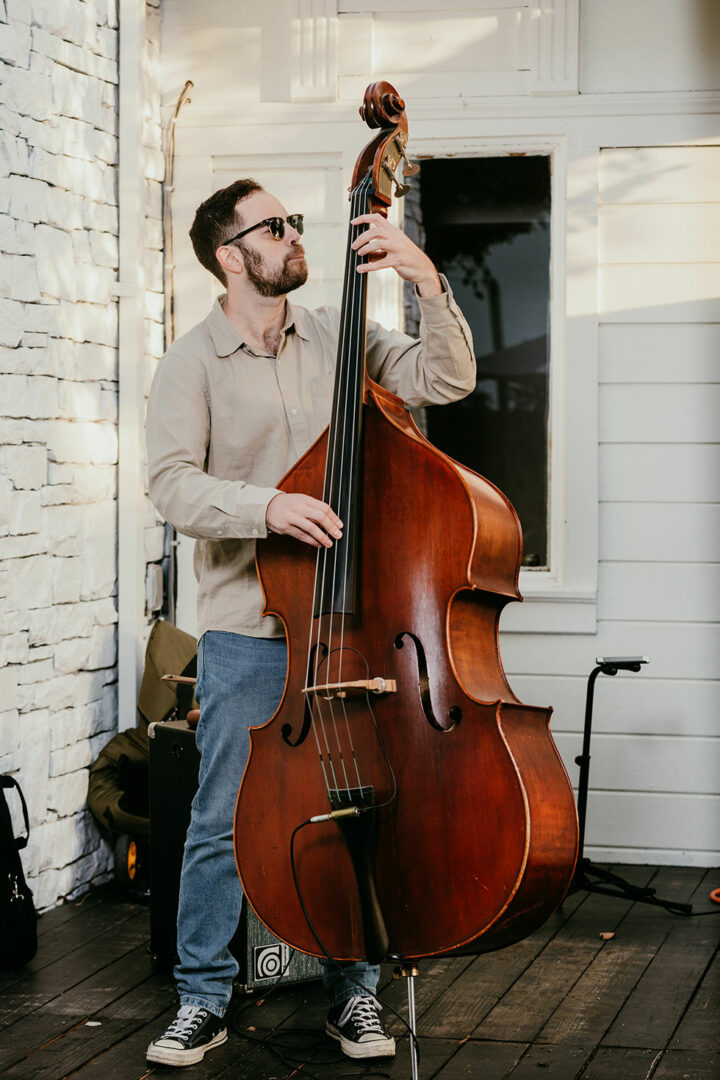We caught up with the brilliant and insightful Roman Gastelum a few weeks ago and have shared our conversation below.
Roman, we’re so excited for our community to get to know you and learn from your journey and the wisdom you’ve acquired over time. Let’s kick things off with a discussion on self-confidence and self-esteem. How did you develop yours?
Building my confidence and self-esteem has been somewhat of a balancing act throughout my career. I think when I was much younger around my early 20s, there was a fine line between confidence and arrogance. When I was younger there was a lot of ego involved and I don’t think I was realistic with how I was perceiving myself and my abilities. This makes sense because when I was younger I was finally breaking free from the confines of the familiar faces of high school and had a fresh start in the middle of Los Angeles free to be myself – I just kind of ran with it. I think as I grew older I was actually able to better gage where I was at, which allowed me to have a more natural confidence. The older I’ve gotten the better my work ethic has become and I am much more realistic with how I perceive myself and my abilities. Now entering mid 30s, my confidence and self-esteem are tied to real tangible achievements – how often am I recording, how often I am gigging, how many students do I have etc – and when my career begins to lack in certain aspects it can definitely affect my self-esteem. There are times when I feel like I have high confidence in my abilities but low self esteem since I am hard on myself for not achieving what I feel like I should have already achieved. When things aren’t going my way, one thing that definitely helps my self-esteem is to be more social and get back out onto the scene and start reaching out to certain people or places. When I DON’T do this I tend to become reclusive and bitter because it feels like I’ve hit a wall, since in my mind I’m not actively a part of anything in the way that I want to be and it festers. “Out of sight, out of mind” definitely resonates when it comes to being a musician or artist.

Thanks for sharing that. So, before we get any further into our conversation, can you tell our readers a bit about yourself and what you’re working on?
I am a musician – bassist, composer, vocalist, educator – based in Los Angeles, CA. I am stylistically diverse and can perform and compose in a multitude of genres – anything from rock to hip hop, country to jazz. I released a record within the last year that I am very excited about entitled “EQuilibrium”. It is what I consider to be the balance between jazz and hip hop that I’ve always wanted to create and hear. The record is available to stream on all platforms and if you are equally into both jazz within the realm of bop, and hip hop oriented toward boom bap, or even one or the other, I am confident that you will find this to be a very exciting and satisfying listen.
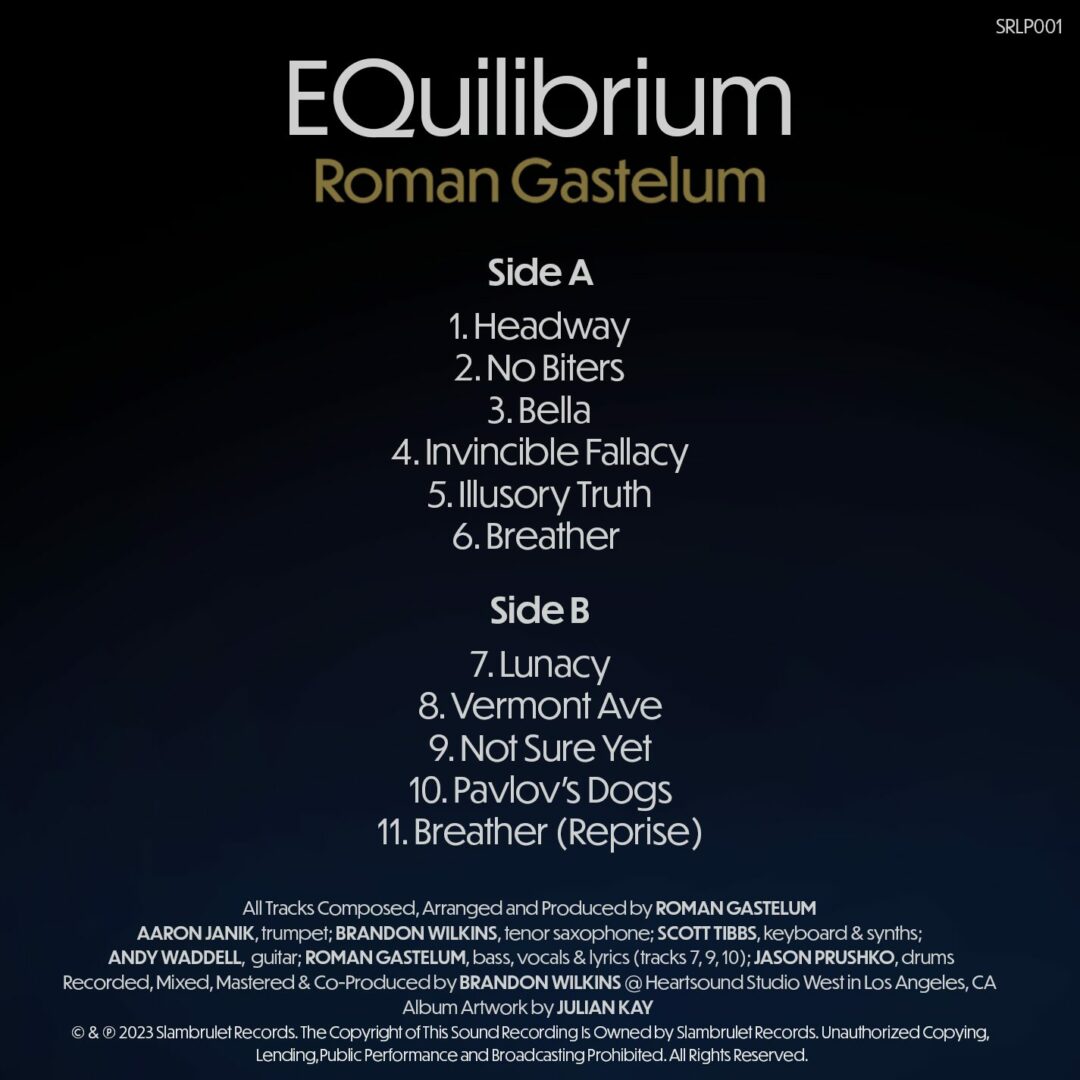
Looking back, what do you think were the three qualities, skills, or areas of knowledge that were most impactful in your journey? What advice do you have for folks who are early in their journey in terms of how they can best develop or improve on these?
As a musician, there are certain qualities, skills and areas of knowledge that can greatly help you get ahead on your journey, some of which I wish I had known the importance of beginning at an earlier age.
#1 I think that in terms of qualities, it is very important important to be social and create lasting relationships with other people. This can begin as early as when you are in grade school. If at some point you happen to go to college for music, this is a very important thing to consider, because many times these people that you are surrounded by can end up playing a vital role in your career later on in life, so it is also important put yourself in an environment where your skills will be most appreciated and grow with whoever you are surrounded with. All of this becomes even more important as an adult whether or not you went to school for music. Being able to put yourself out there in person, being social and letting people know what you have to offer, while forming lasting relationships is almost more important than your musical skill level itself. This for me is something that is always a work in progress.
#2 Learning to be as well versed in as many genres as possible has allowed me to be stylistically diverse as a musician, remain open minded, and open up more opportunities. I think it is important to be able to truly understand the history and aesthetics of all different kinds of music, especially musical styles that have been born out of the very country in which you live and are the most relevant possible to your life as a working musician. Certain kinds of obscure world music may not be practical to learn based on the instrument you play, but may still be worth your time if you feel so inclined. There are certain qualities that make every genre of music special and unique. The more you learn different styles, the more you see the similarities between genres that you once thought were completely unrelated. When you choose not to learn and understand a certain style of music because you think you don’t like it or that its not worth your time, you end up losing in the end. You end up missing out on an entire style that has a rich history and culture unto itself. Instead of dismissing it, try to at least keep listening and learning until something clicks and you feel inspired and it becomes something that you look forward to listen to. However, if this fails over some time, it may simply not be for you. It is all part of the journey as finding yourself as an artist.
#3 Here are several different types of skills that are all necessary and inseparable when it comes to the mastering of your craft as a musician: technique, harmony/theory, ear training, reading, composition, DAW. Many of these are all tied together. You can’t really separate one from the other.
Being proficient on your instrument means developing the proper physical technique in order to be able to express yourself and to be able to perform well with others. This means that you also need to have a solid fundamental understanding of harmony and theory in order to understand the big picture of how chords and scales function, and in order to understand what they sound like you need ear training.
Ear training leads to the ability hear the distance between all different kinds of intervals, identify chords, and to tie your instrument to your ear, in order to express yourself the best you can at any given moment. It is essentially being able to hear the music theory that you are learning.
Reading allows you to visualize where every musical element lines up on the grid. I think the most important reason to know how to read is that it gives you the ability to fluently and efficiently communicate the musical language to other musicians, which is incredibly helpful. Being able to read music, especially sight reading, will land you a lot more gigs because there are a lot of gigs that require reading. Reading will also help you to have more control over your compositions, especially if they are more complex arrangements with many parts.
Composition – the ability to create and write your own music – requires a solid understanding of harmony/theory and a well trained ear in order to have direction with whatever you are creating. It is also a skill that helps with your ability to manipulate music as a whole and also helps to develop your own artistic style.
DAW (Digital Audio Workstation) is a medium that will help you bring your compositions to life. We now have the ability to compose, record and produce ourselves like never before. It is incredibly important to use because now everybody essentially has the ability to have their own home studio that is easily accessible from their laptop. DAW is something that I highly regret not taking more seriously from the start, and it is a skill I recommend developing at a young age because it has now become an essential part of being a musician over the past decade and a half.
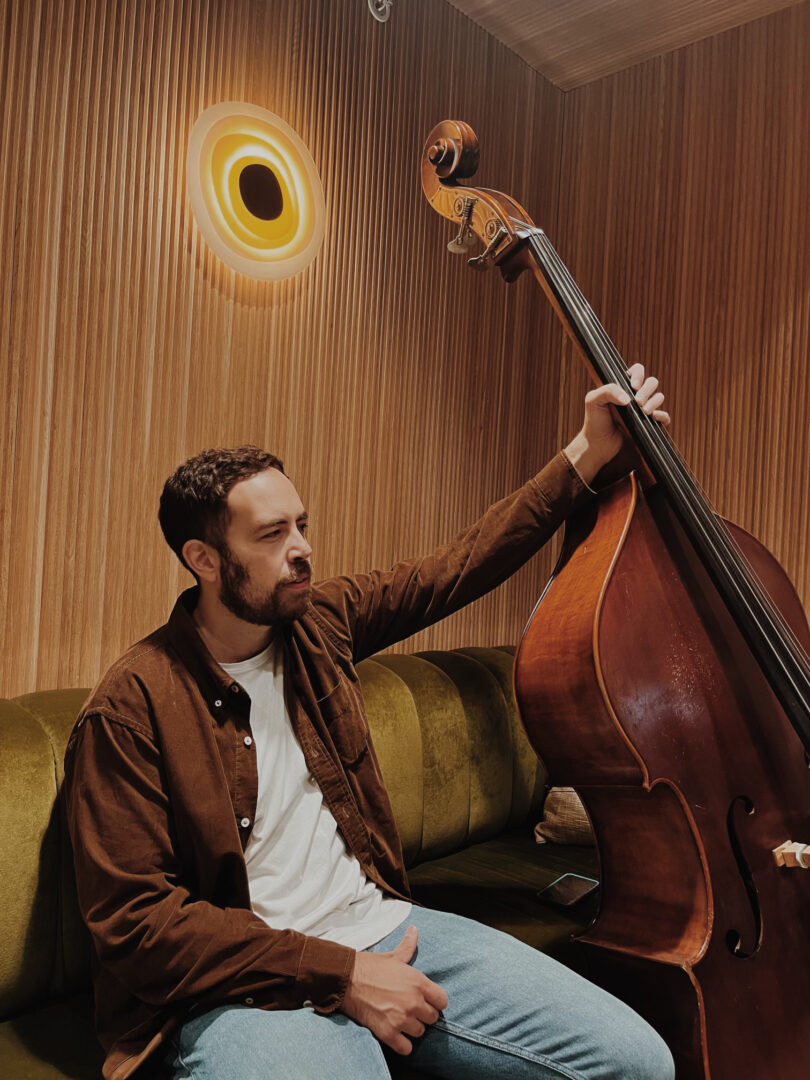
One of our goals is to help like-minded folks with similar goals connect and so before we go we want to ask if you are looking to partner or collab with others – and if so, what would make the ideal collaborator or partner?
I am always willing and ready to collaborate. As a musician, you will always need to collaborate in one way or another, even if you are the primary composer or the one to spark the vision of a certain project. Typically, I am available as a bassist or composer for hire for performance or recording and thats something I am always happy doing. However, there are also other forms of collaboration that I would like to be involved with which primarily involves writing with others and/or contributing as a vocalist, which I haven’t done nearly enough and is mostly something that I’ve done in my own projects when I’ve been the leader. Sometimes it can also be very difficult to connect with and/or find other artists/musicians and let them know that you are available and willing to collaborate. So if anyone is reading this, there are certain styles in recent years that I am passionate about and feel that I’m not around the people who are playing these certain styles nearly enough. Some of these styles range from rock to pop and I would be happy to collaborate within that realm. Still, the one style that I feel I’ve been deprived of the most, is country music. There are times I have been able to perform country music on occasion but it hasn’t always been directly in Los Angeles. If there is anyone that would like to collaborate and create some real country music within the realm of western swing, honky tonk, outlaw or bluegrass, whether its a more contemporary sound or not, I would be more than happy to do so, even if it is simply a group that is playing standards. It would be great to be playing amongst instruments that are authentic to the genre, especially pedal steel (which is probably my favorite instrument that I never played). I can contribute bass, vocals and songwriting to any projects whether starting from scratch or joining one. If anyone is willing to collaborate on any of the aforementioned styles, you can email me at [email protected] or visit my website romangmusic.com and message me there instead.
Contact Info:
- Website: https://www.romangmusic.com/
- Instagram: https://www.instagram.com/romangastelum
- Linkedin: https://www.linkedin.com/in/roman-gastelum-304560177
- Twitter: https://x.com/romangastelum
- Youtube: https://www.youtube.com/@romangastelummusic
- Other: https://tr.ee/FO4kNprgry
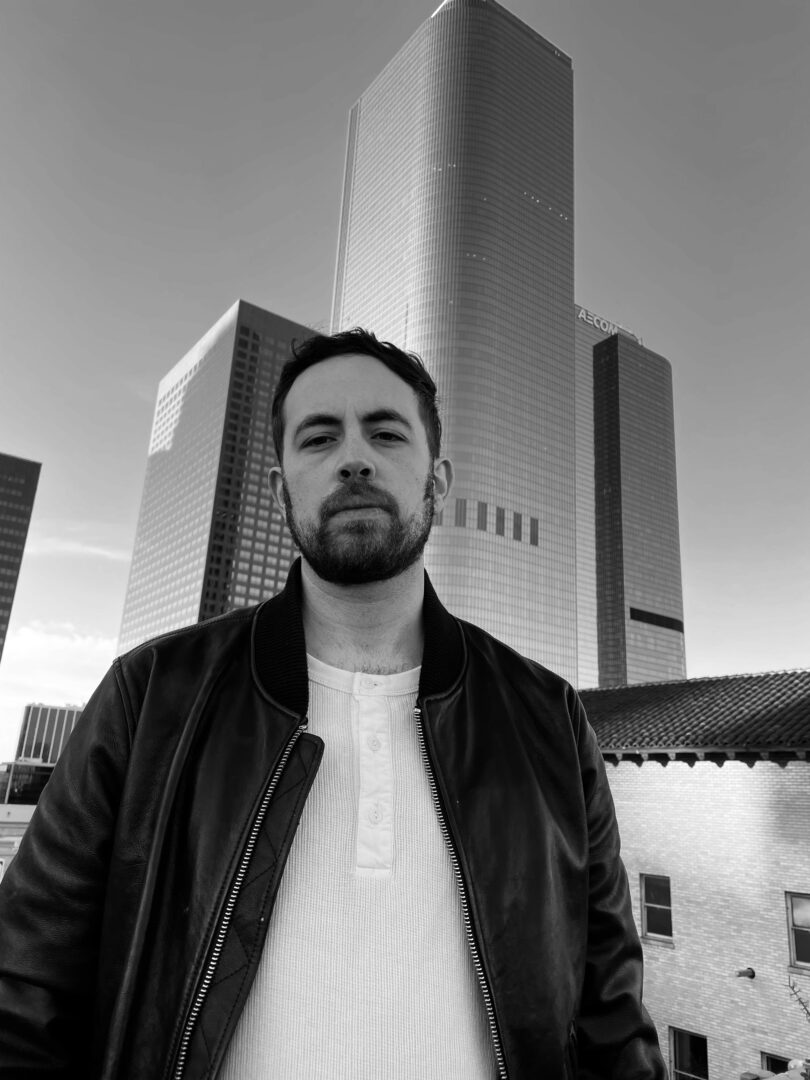

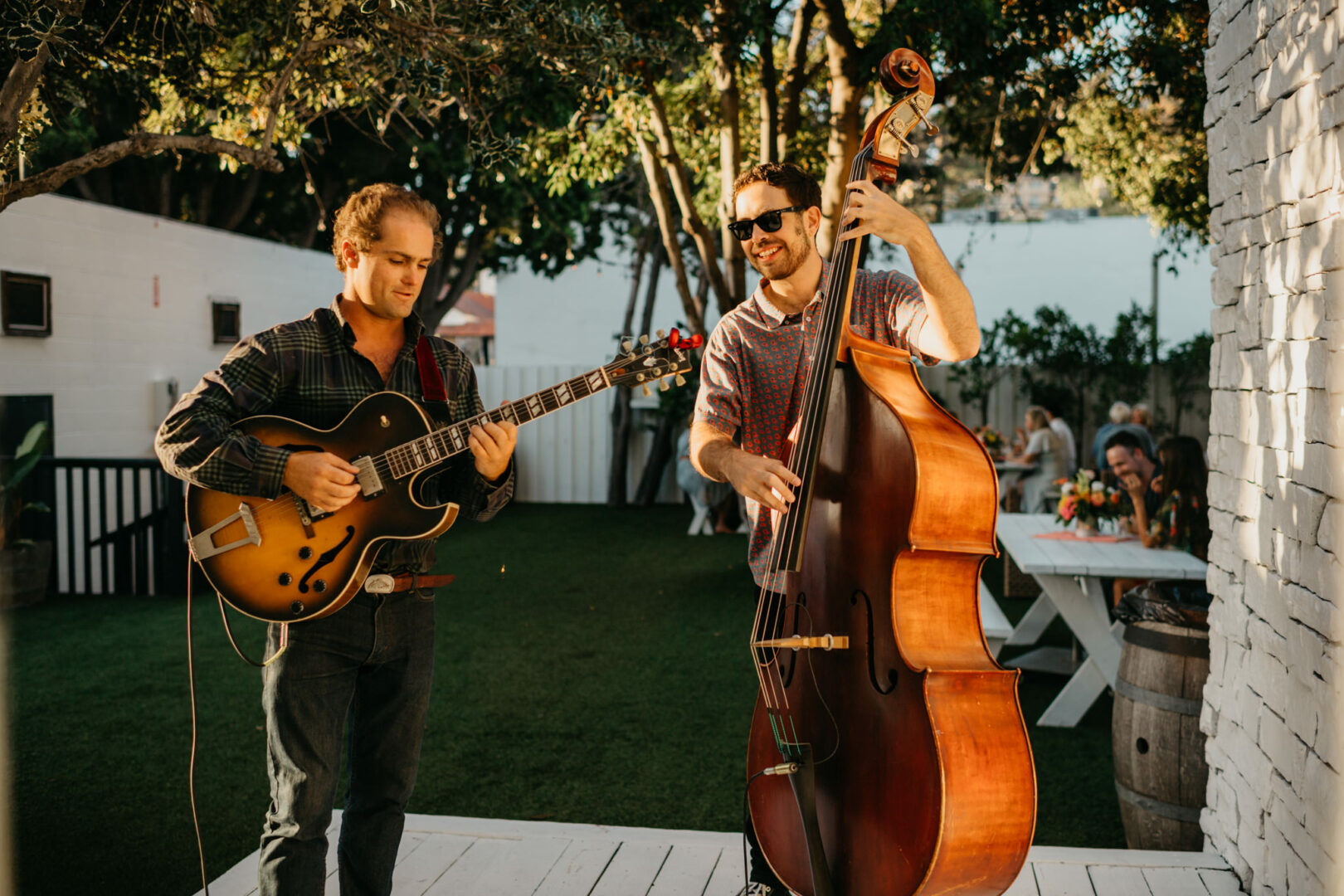
Image Credits
Andrew Mori
Jared
so if you or someone you know deserves recognition please let us know here.

